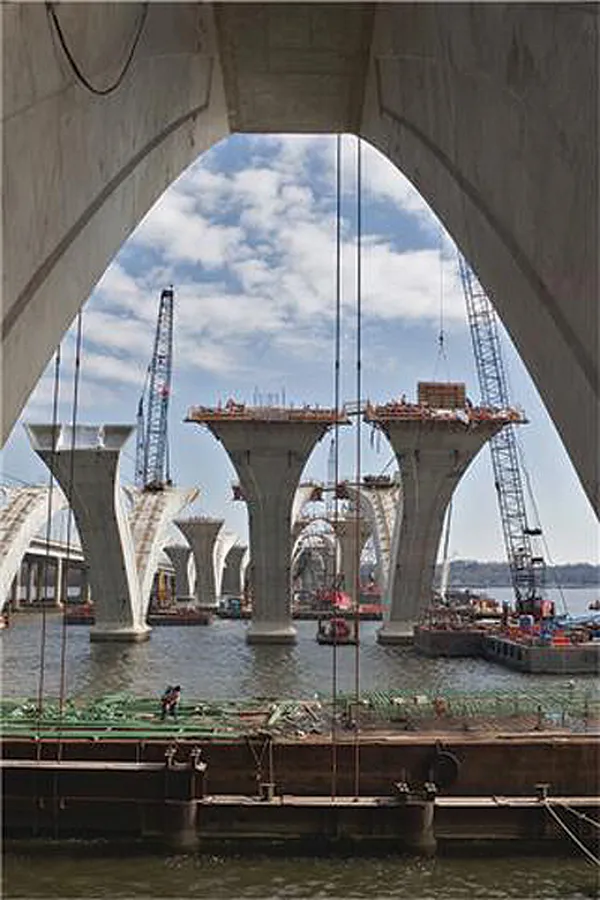A joint venture comprising Cambridge Systematics and WSP | Parsons Brinckerhoff will carry out a major Interstate study for the US. The joint venture partners were selected by the National Academies of Sciences, Engineering, and Medicine (National Academies). The future interstate study is mandated in Fixing America's Surface Transportation Act of 2015 (FAST Act).
The FAST Act calls for the National Academies’ Transportation Research Board (TRB) to conduct “... a study on the actions needed to upgrade a
January 3, 2017
Read time: 2 mins
RSSA joint venture comprising 8563 Cambridge Systematics and 2782 WSP | 2693 Parsons Brinckerhoff will carry out a major Interstate study for the US. The joint venture partners were selected by the National Academies of Sciences, Engineering, and Medicine (National Academies). The future interstate study is mandated in Fixing America's Surface Transportation Act of 2015 (FAST Act).
The FAST Act calls for the National Academies’2774 Transportation Research Board (TRB) to conduct “... a study on the actions needed to upgrade and restore the Dwight D Eisenhower National System of Interstate and Defense Highways to its role as a premier system that meets the growing and shifting demands of the 21st century.”
The Interstate highway system comprises only 1.2% of the total distance of the US public road system, but handles nearly 25% of the total vehicle distance travelled annually and carries close to 40% of the total truck traffic. However the interstate network is ageing rapidly and a comprehensive study is needed to understand future needs.
The TRB study will be conducted by a committee of the National Academies with balanced expertise in transportation issues. In support of the future interstate study, the joint venture of Cambridge Systematics and WSP | Parsons Brinckerhoff will conduct case study analysis and modelling to explore the impact of changing travel and technology trends, and their implications for the future of the interstate highway system. The study will also draw from information provided by the highway industry, including highway owners, operators and users of the system, associations, private-sector stakeholders, and academia, among others. The study is expected to be completed in late 2018.
The FAST Act calls for the National Academies’
The Interstate highway system comprises only 1.2% of the total distance of the US public road system, but handles nearly 25% of the total vehicle distance travelled annually and carries close to 40% of the total truck traffic. However the interstate network is ageing rapidly and a comprehensive study is needed to understand future needs.
The TRB study will be conducted by a committee of the National Academies with balanced expertise in transportation issues. In support of the future interstate study, the joint venture of Cambridge Systematics and WSP | Parsons Brinckerhoff will conduct case study analysis and modelling to explore the impact of changing travel and technology trends, and their implications for the future of the interstate highway system. The study will also draw from information provided by the highway industry, including highway owners, operators and users of the system, associations, private-sector stakeholders, and academia, among others. The study is expected to be completed in late 2018.






